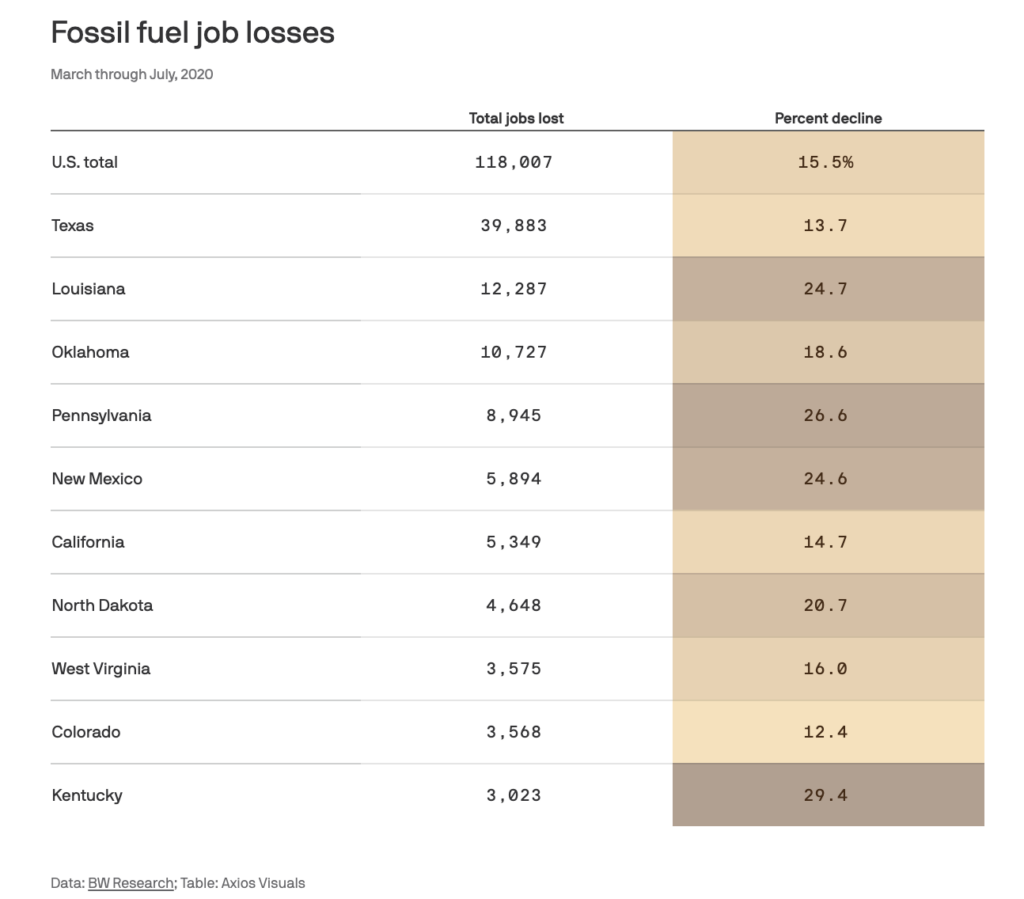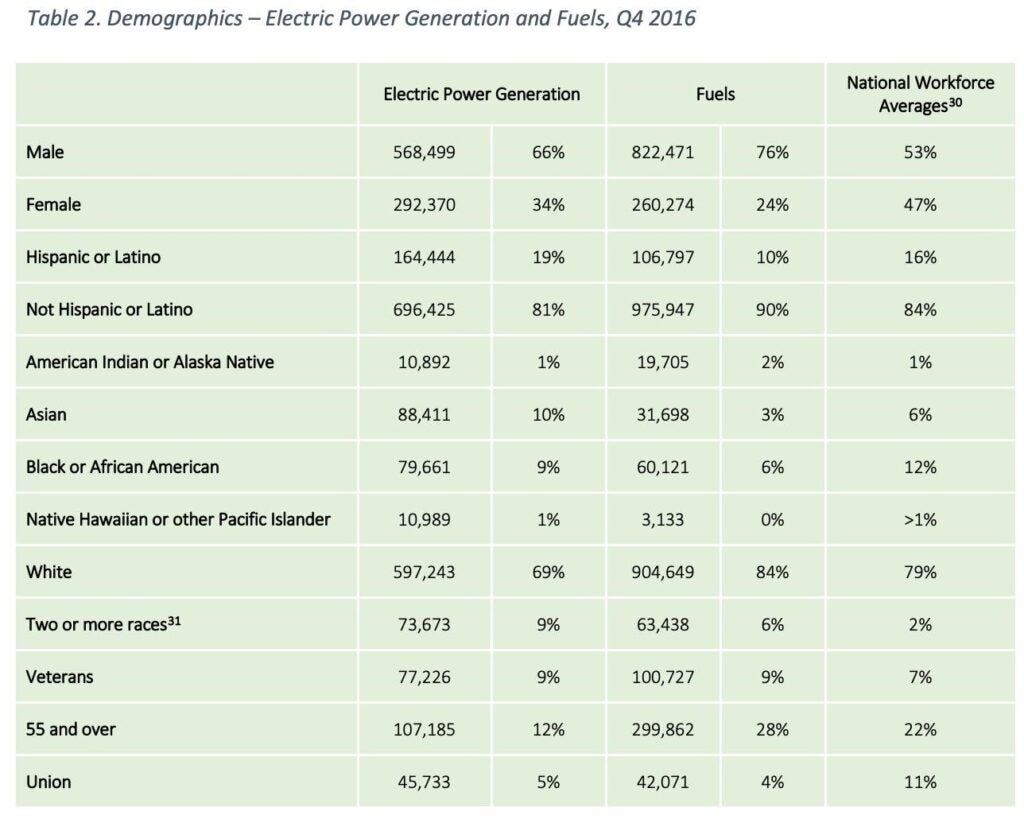
A Clean Energy Transition for Workers and Communities
How can the shift to clean energy also address the needs of the millions of fossil fuel workers whose livelihoods are at odds with the energy transition?
This insight was a finalist in our fall blog competition.
One of the major gaps in an effective clean energy transition is the jobs creation paradox. To clarify, the rhetoric of the clean energy movement, like the Green New Deal, emphasizes the ability to create “millions of good, high-wage jobs.” However, little has been addressed in bridging the gap between these millions of clean energy job opportunities and the millions of fossil fuel workers whose careers are at odds with this development.
The Republican Party has actively worked against climate policies aimed at carbon emissions reductions, particularly in the last four years. This political polarization around climate change stems largely from the fossil fuel industry’s opposing interests to a clean energy transition. Therefore, policy initiatives must aim to connect fossil fuel workers to clean energy jobs within the transition. With over 1.1 million people working in oil, natural gas, and coal in the United States, these workers are trained at their specific craft in the industry. A oil rig worker, for example, does not have the skillset to suddenly shift into a job at a solar plant.
Many policy proposals currently focus on the transition to clean energy in terms of technological advancements like grid storage. However, the energy transition must also focus on the economic wellbeing of today’s fossil fuel workers. If policymakers neglect to prioritize them, there will continue to be a vast number of people whose interests are antithetical to clean energy, such as workers in Boone County, West Virginia.
Coal mine closures in this county have severely hindered our ability to fund infrastructure development, schools, and public resources. Fossil fuel workers understandably fear the economic consequences of emissions reductions objectives in the energy sector because of examples like Boone County, or corporate actions like Exxon Mobil, which cut 15 percent of its workforce.

This growing gap presents an opportunity. A clean energy transition could spur economic growth for an even larger number of American communities if policies were established to educate and train these workers. President-Elect Biden’s climate plan shows promising potential in bridging this increasing gap. A key tenet of the Biden Plan for a Clean Energy Revolution and Environmental Justice includes “pursuing new partnerships with community colleges, unions, and the private sector to develop programs to train all of America’s workforce to tap into the growing clean energy economy.”
Since many climate-related initiatives have historically neglected communities of color and lower-income communities from the narrative, this piece of Biden’s plan rightfully aims to combat the dire consequences of environmental racism in terms of job opportunities for many BIPOCs in the clean energy transition.
However, there is no explicit policy initiative in Biden’s climate plan to aid the fossil fuel workforce. Policymakers need to geographically target their policies supporting economic development in order to support the transition in communities like Boone County. If inaction persists from a policy standpoint, these workers will continue to see their livelihoods at odds with the clean energy transition. Their economic hardship will only obstruct crucial initiatives geared towards environmental and economic justice that must still be addressed, especially because many fossil fuel workers are white.

Policy initiatives geared toward fossil fuel workers should never be at the expense of tackling environmental racism. Rather, they should work cohesively and symbiotically through coordination of federal agencies and local stakeholders. If policies could ensure that fossil fuel workers will also have an economically prosperous future in a clean energy transition to support themselves and their families, there would be a much larger pool of workers supporting a green transition that still incorporates the needs of BIPOCs and lower-income communities.
Erin Kelly
Undergraduate Seminar FellowErin Kelly is an undergraduate student studying history, French, and sustainability and environmental management in the School of Arts and Sciences. Kelly is also a 2021 Undergraduate Student Fellow.

